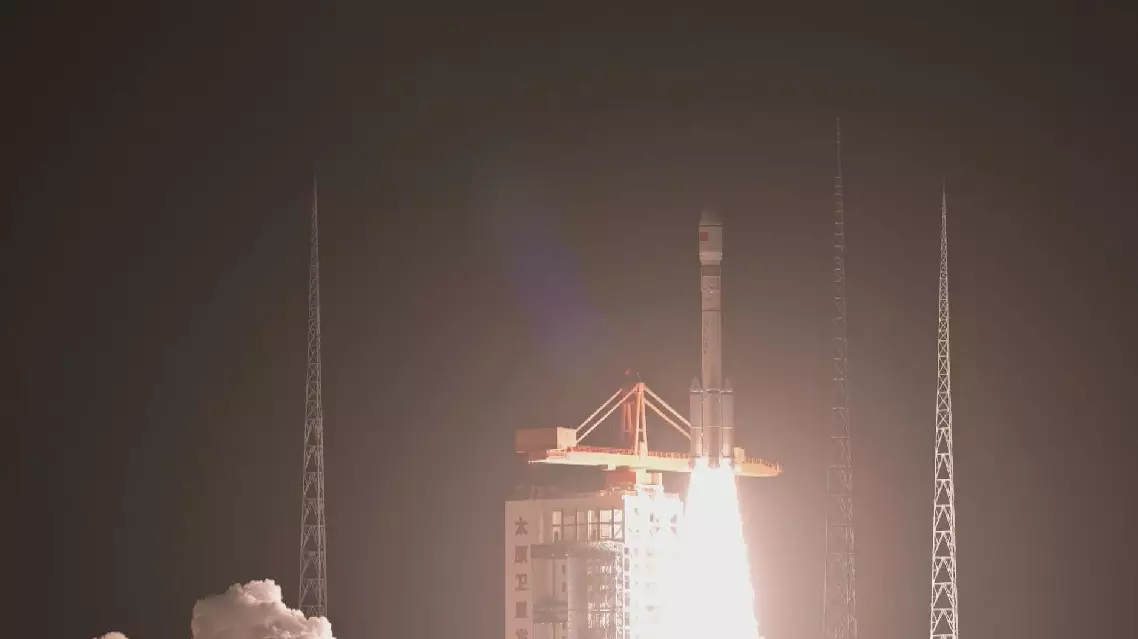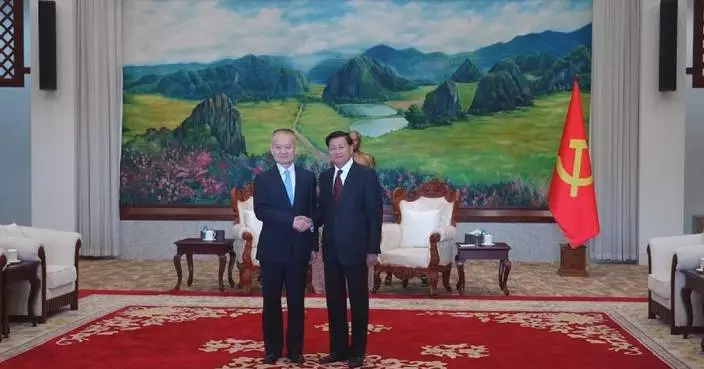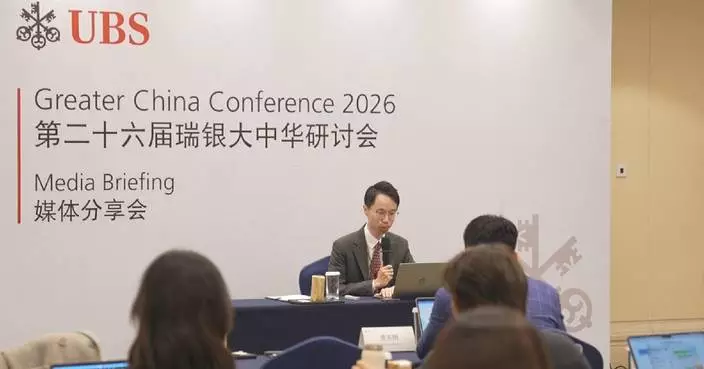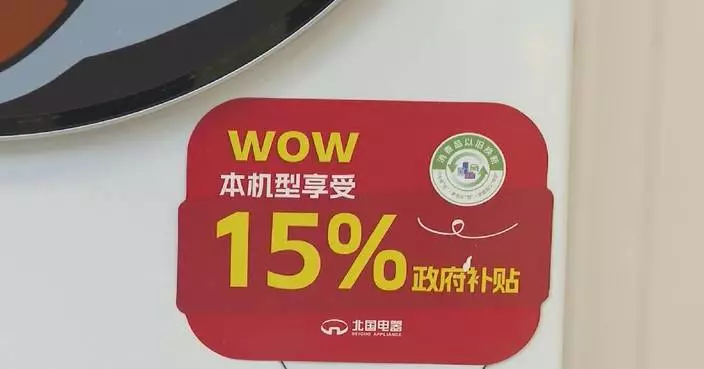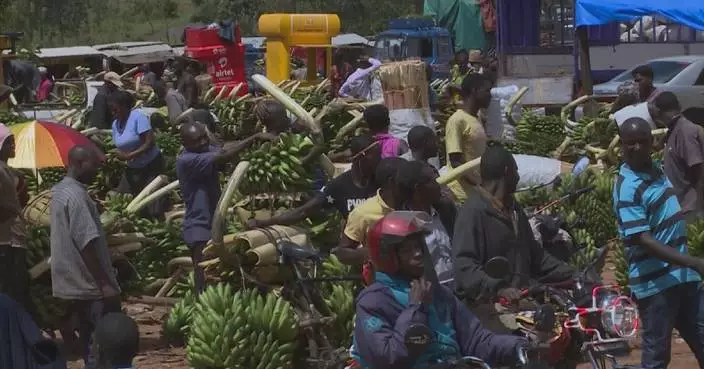The lunar soil samples brought back from China's Chang'e-6 mission from the far side of the moon will be on display at the Zhuhai Airshow, which is set to be held in south China's Zhuhai City from Nov. 12 to 17.
The Chang'e-6 return capsule, parachute and the sealed tank for the samples will also be showcased at the event, allowing the public an in-person view of the precious items involved in the advancement of China's space industry.
In June 2024, China's Chang'e-6 mission collected 1,935.3 grams of samples from the far side of the moon for the first time in human history.
The sampling site of the mission was located in the South Pole-Aitken basin, the deepest and oldest impact basin on the far side of the moon.
The highly-anticipated biennial aerospace trade show, officially known as the 15th China International Aviation and Aerospace Exhibition, has attracted 1,022 companies from 47 countries and regions, including Russia, France, the United States, Saudi Arabia and Italy.
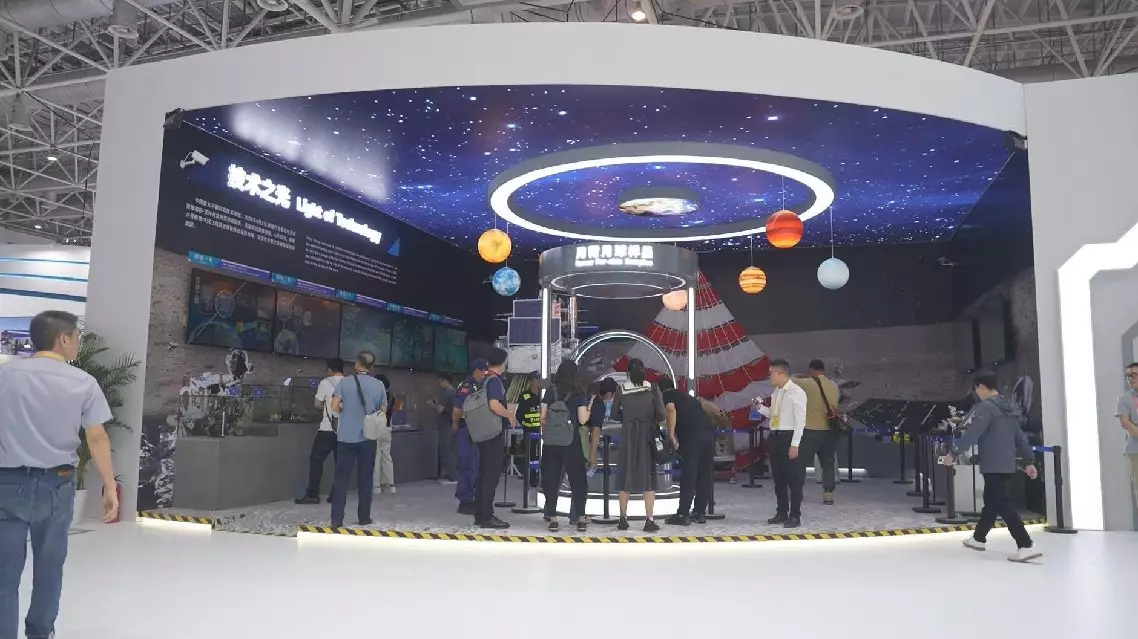
Lunar samples from far side of moon to be displayed at China's largest airshow


